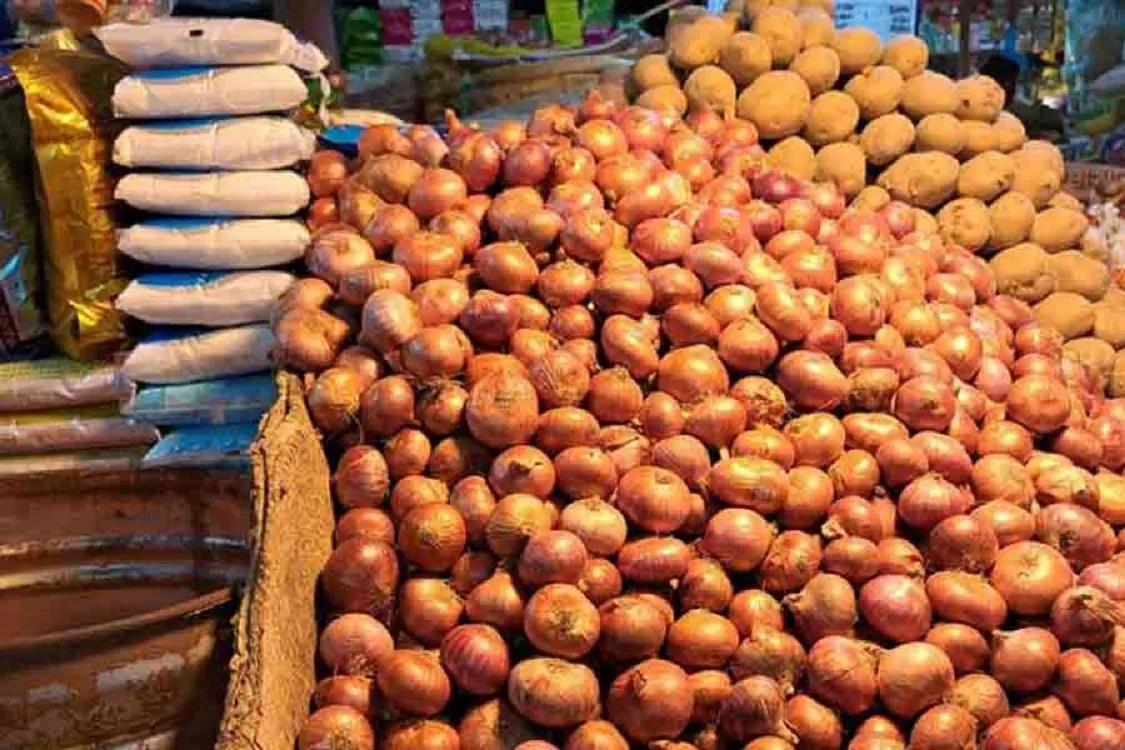


Onion prices have skyrocketed to as much as Tk 120 per kilogram in Dhaka and other major cities within a mere two days, driven by crop damage due to heavy rainfall and the ongoing suspension of imports from India.
Retail prices, which were between Tk 80-85 per kg late last week, surged to Tk 100-110 on Monday, with some city markets charging up to Tk 120, representing a significant increase of over 30 percent.
Wholesalers and traders indicate that this sudden increase is a result of a sharp decline in supply from key agricultural regions, where heavy rains have flooded fields and delayed the harvesting process.
In the wholesale markets of Shyambazar in Dhaka and Pabna, onion prices climbed to Tk 90-105 per kg, up from Tk 72-85 over the weekend.
Traders have linked this price rise to disrupted supply chains following the November rains that inundated onion fields in Pabna, Rajshahi, Faridpur, and Kushtia, which are the primary onion-producing areas.
"The rain has harmed newly planted onion fields and postponed harvesting," stated Abul Kalam, a wholesaler. "Supply from the northern districts has significantly decreased, while demand remains high. This is why prices are escalating."
Market insiders noted that many farmers are now shifting their remaining stocks towards producing seed onions (murikata) after the rains damaged their standing crops, further constraining supply in local markets.
"Prices in the district-level wholesale markets increased by Tk 15-20 per kilo in just one day," remarked Altaf Ali, a spice trader in West Dhanmondi. "We are finding it difficult to secure enough stock even at elevated prices."
The situation has been worsened by the ongoing halt in Indian onion imports, which had previously contributed to stabilizing domestic prices.
Importers have submitted applications for new import permits (IPs) to resume shipments from India, but official approvals are still pending.
Officials from the Department of Agricultural Extension's Plant Quarantine Wing reported that they have already received approximately 3,000 applications for import permits.
The Ministry of Agriculture has acknowledged that the supply situation has become tighter but stated that it is carefully reviewing the circumstances.
Comment